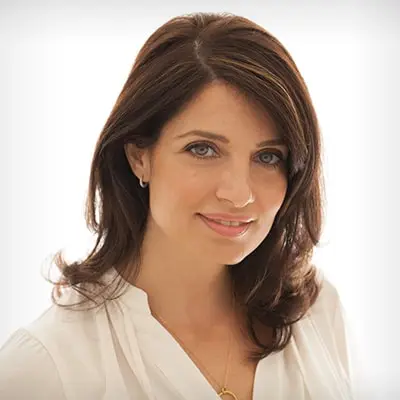Infertility is a journey fraught with emotional, physical, and psychological challenges. For many, the process of in-vitro fertilization (IVF) brings with it a persistent state of grief that ebbs and flows, known as chronic mourning. This type of mourning is distinct in its continuous nature, lacking a more linear path and resolution that typically follows traditional grief. Chronic mourning is marked by an enduring sense of longing and unfulfilled desire. Each cycle brings a renewed sense of possibility, only to be potentially shattered by another negative outcome. As a therapist specializing in both somatic and mental health, I help people with the chronic mourning that manifests during IVF and offer holistic strategies for navigating this profound experience.
The experience of chronic mourning in IVF is multifaceted, encompassing:
As a somatic therapist, I’ve observed how chronic mourning often manifests physically in IVF
patients. Common somatic complaints include:
These physical symptoms are not merely side effects of IVF medications but are often direct
manifestations of unresolved grief stored in the body.
From a mental health perspective, chronic mourning in IVF can lead to:

Addressing chronic mourning in IVF requires a holistic approach that integrates both somatic and mental health strategies:
Chronic mourning in IVF is a complex and multifaceted experience, impacting both the body and mind. By acknowledging and addressing the somatic and psychological dimensions of this grief, you can find pathways to healing and resilience. As a therapist, my goal is to provide a compassionate and holistic approach, empowering you to navigate your fertility journey with greater strength and emotional well-being.
Remember, you are not alone on this journey, and there are ways to find support and comfort amidst the challenges.
Guest Post by:
Rachel Shanken, LMHC
MindBodyWise, Inc.

Rachel Shanken, LMHC, is a New York State Licensed Mental Health Counselor with a Master of Science in Mental Health Counseling from Fordham University Graduate School of Education. She has completed two 5-day workshops at The Cape Cod Institute: “Cultivating Emotional Mindfulness” and “Guilt and Shame in the Treatment of Trauma.” Additionally, Rachel has undergone Co-Active Coach Training from The Coaches Training Institute.
View all posts